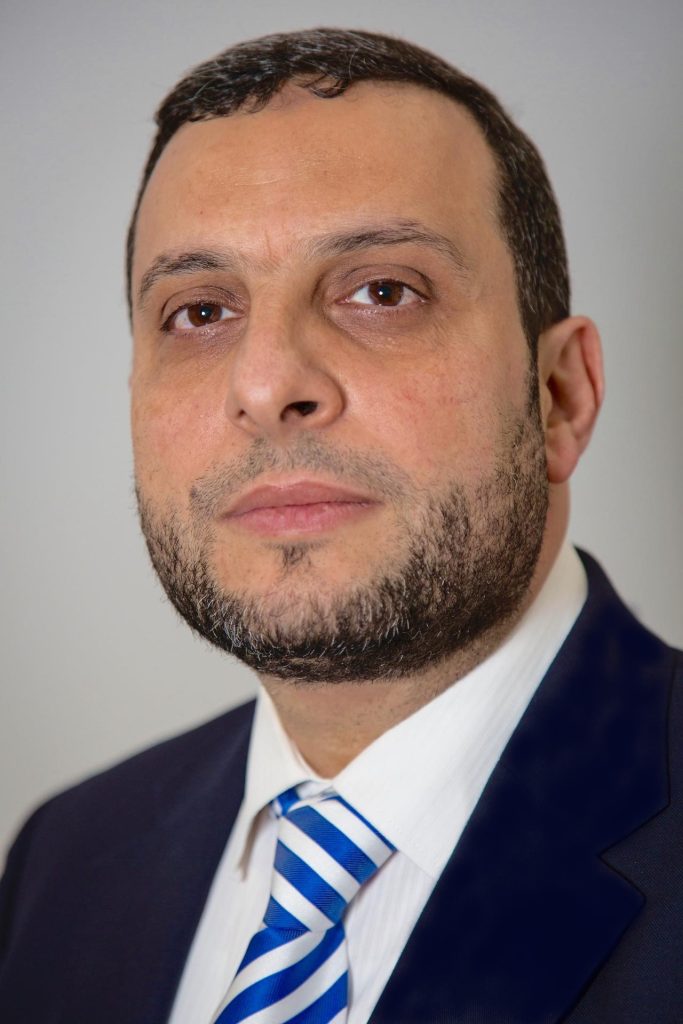September 10, 2019
Organisational development is a must, not a choice
At times, language can feel unnecessarily complicated and difficult to measure in a practical sense. Terms like ‘capacity building’ oftentimes feel overwhelming – what does it mean to build capacity? How do we define and measure this process? We are working in an industry where the clarity of our language is incredibly important – we save lives with our work in the charity sector, without understanding and effectively navigating the terminology we hold ourselves accountable to, we not only risk communities and individuals falling through the cracks, but we also risk losing the trust and support of our donors. Furthermore, how can we effectively translate these standards to the general public so that they can recognise the sector’s desire for growth and development?
A 2018 report by the Charity Commission, raised some concerns about the public’s trust in charities. As a sector, we are struggling to communicate our good work and prove to donors and prospective donors that their money is safe with us, and that they can trust us in our delivery of our aims. Words are not enough, but in our action, in our constant striving to build the capacity of organisations within this sector, we can, I believe, slowly and steadily rebuild our relationship with the public and gain back that lost trust. We need to do better at effectively communicating with donors and supporters about the actions that we have taken to improve areas of transparency, accountability and so on.
The reality is that the values of which terms like capacity building entail are very much symbolic of general movements within contemporary culture: the language of self-development we find in every bookstore, across online platforms such as YouTube, Instagram, LinkedIn and Facebook, in lifestyle movements such as minimalism, veganism, zero-waste, and more. Both the wider public and sector are speaking the same words of growth, of developing the foundations necessary for building the future versions of ourselves we wish to see. Without the desire for self-development and self-betterment, we shall remain stagnant, whether that be on a personal and individualist level, or as a sector. If we do not change and grow, we are destined to repeat the mistakes of the past. We must be more pro-active and we must do better at developing better ways to communicate the sector’s focus on self-development to the public.
How can capacity building help us to reach the sector that we envision for the future? In regard to the charity sector, capacity building essentially means to develop, improve, obtain and retain the tools, knowledge, skills and other resources necessary to competently fulfil the job/role of which an organisation is undertaking. Yet, capacity building is not a one size fits all, and we must be more mindful of this. What resources, skills and so on are needed would depend on the specifics of the job that an organisation is conducting, as well as other factors such as the theological or cultural background of the charity. Hence, within my role as CEO of the Muslim Charities Forum, a network of British Muslim charities working for social good at home here in the UK and abroad, we have dedicated time and effort into recognising the specific resources necessary for effective capacity building amongst our members and the wider Muslim charity sector. Acknowledging diversity within the process of capacity building is central – we all have different goals and different points that need to be met to help us in reaching them, hence curating and shaping capacity building so that it is feasible, realistic and relatable to specific organisations is important. Furthermore, like people, organisations within our sector are all at different levels of capacity building, and we must be more aware of this.
Collectively, we understand and feel both the immediate and long-lasting effects of challenges to our sector, and it is these difficult challenges that help us to recognise the connection we all have to each other. Unity is strength, and we can all achieve more when we work together, when we combine and share knowledge, resources and skills to help lift each other up, and help push the sector as a whole to its collective capacity-building goals.
Written by Fadi Itani*
CEO of MCF
*Fadi Itani is the CEO of the Muslim Charities Forum, the Network of Muslim Charities working for social good in the UK and abroad.







